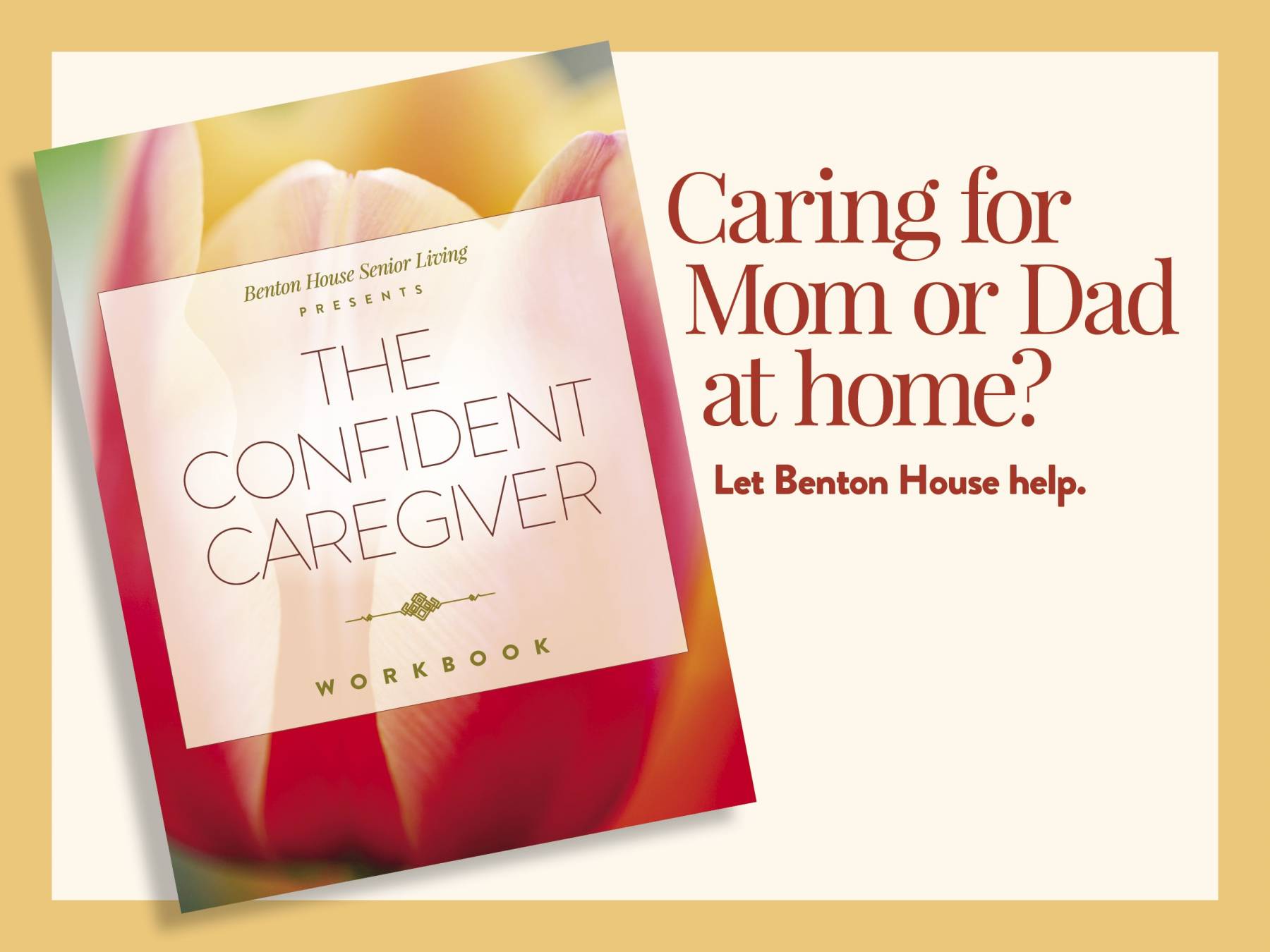Traveling in later life can be a deeply enriching experience for senior citizens, offering a variety of benefits that enhance both physical and mental well-being. However, it also presents certain challenges that require careful planning and consideration. Keep these joys and challenges in mind when planning for your next trip!
One of the key benefits of travel for seniors is the positive impact on cognitive health. Engaging in new environments, whether through cultural exploration or simply navigating unfamiliar places, provides mental stimulation that can help maintain cognitive function. Studies published in The Journal of Travel Research and The Journal of Aging and Health suggest that these activities can slow cognitive decline and promote mental agility. The challenges of problem-solving in new settings, combined with the joy of discovering new experiences, offer a robust workout for the brain, which is crucial as we age.
Physical health is another area where travel can be beneficial. According to research in the Annals of Leisure Research, the physical activities associated with travel, such as walking through city streets or hiking in nature, help maintain mobility and overall health. Regular movement is essential for older adults, and travel often provides the perfect incentive to stay active. The Journal of Aging and Physical Activity supports this, noting that seniors who travel are more likely to engage in physical activities, which contribute to better cardiovascular health, muscle strength, and overall vitality.
Beyond the physical and cognitive benefits, travel also significantly impacts psychological well-being. A study in The Gerontologist highlights that travel can reduce stress and enhance mood by offering a break from daily routines and exposing individuals to new, invigorating experiences. Additionally, social interactions during travel, whether through group tours or chance encounters, play a vital role in combating loneliness, a common issue among older adults. The Journal of Applied Gerontology found that these social engagements are crucial for mental health, fostering a sense of community and belonging that can be especially enriching in later life.
However, travel is not without its challenges for seniors, and potential obstacles are important to keep in mind. Health concerns are a significant consideration – the American Journal of Medicine emphasizes the importance of pre-travel consultations with healthcare providers to manage potential medical risks, such as cardiovascular events or infections.
Mobility and accessibility are also issues that will require foresight before an adventure can begin. The Journal of Rehabilitation Research and Development notes that navigating unfamiliar or poorly equipped environments can be difficult for seniors with mobility challenges. Ensuring that destinations are accessible, with features like ramps and elevators, is crucial for a comfortable travel experience. Additionally, the Journal of Travel Medicine advises that seniors should select destinations with good healthcare infrastructure to ensure that any medical needs can be promptly addressed.
In summary, while travel offers numerous benefits for senior citizens, from improved cognitive and physical health to reduced stress and enhanced social connections, it also presents challenges that must be carefully managed. By planning ahead and taking into account health and mobility considerations, seniors can enjoy the enriching experience of travel while minimizing potential risks. The evidence from various studies underscores the importance of both the joys and the challenges of travel in later life, making it an endeavor worth pursuing with thoughtful preparation.
mmm
Next Steps
You can always get compassionate, tailored support from us in one of these three easy ways — all completely free.
Visit our support page to request your complimentary Caregiver Workbook.
Call our Caregiver Hotline for free custom support at 855-461-2552. All questions welcome.
Send us a message describing how we can support you. Choose whether you’d like us to reach out: text, email, or snail mail.
There is no charge for these services. They’re simply an extension of our mission to help every family who calls.



